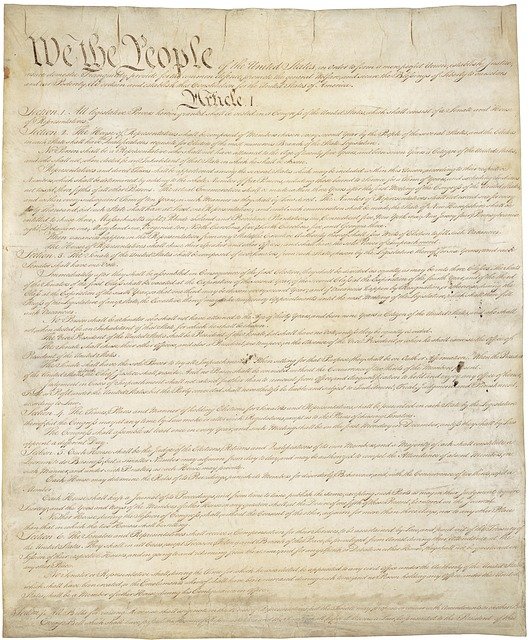Title: Decoding Tribal Sovereignty in Modern Legal Landscapes
Introduction: In the complex tapestry of American law, tribal sovereignty stands as a unique and often misunderstood concept. This intricate legal principle governs the relationship between Native American tribes and federal and state governments, shaping policy, jurisdiction, and cultural preservation efforts. As we delve into the nuances of tribal sovereignty, we'll explore its historical roots, current challenges, and future implications for both Native communities and the broader legal system.

The Evolution of Federal Indian Law
Over the past two centuries, federal Indian law has undergone significant changes, reflecting shifting political attitudes and social dynamics. The Indian Reorganization Act of 1934 marked a turning point, encouraging tribal self-governance and economic development. However, the subsequent Termination Era of the 1950s and 1960s saw attempts to dismantle tribal sovereignty, leading to the loss of federal recognition for many tribes. The Self-Determination Era, beginning in the 1970s, ushered in policies supporting tribal autonomy and cultural preservation.
Contemporary Challenges to Tribal Sovereignty
Despite legal protections, tribal sovereignty faces ongoing challenges in the modern era. Jurisdictional disputes between tribal, state, and federal authorities remain common, particularly in criminal matters and civil regulatory issues. The 2020 Supreme Court decision in McGirt v. Oklahoma highlighted these complexities, affirming tribal jurisdiction over a significant portion of eastern Oklahoma and sparking debates about the practical implications of tribal sovereignty in a contemporary context.
Economic Development and Tribal Sovereignty
Tribal sovereignty plays a crucial role in economic development for Native American communities. The Indian Gaming Regulatory Act of 1988 allowed tribes to operate casinos on reservation lands, providing a significant source of revenue for many tribes. However, this has also led to legal battles with states over taxation and regulation. Beyond gaming, tribes are increasingly leveraging their sovereign status to explore diverse economic opportunities, from renewable energy projects to cannabis cultivation, often navigating complex legal landscapes in the process.
Environmental Stewardship and Tribal Rights
Environmental issues have become a focal point in discussions of tribal sovereignty. Many tribes are asserting their rights to protect natural resources and sacred sites, often clashing with federal and state interests. The Dakota Access Pipeline controversy brought these issues to national attention, highlighting the intersection of tribal sovereignty, environmental policy, and federal law. Recent legal victories, such as the Supreme Court’s 2019 decision affirming Crow Tribe hunting rights, demonstrate the ongoing relevance of treaty obligations and tribal sovereignty in environmental matters.
The Future of Tribal Sovereignty
As we look to the future, tribal sovereignty continues to evolve in response to new challenges and opportunities. Emerging technologies, such as blockchain and cryptocurrencies, present novel questions about tribal jurisdiction and economic regulation. Climate change impacts on tribal lands are prompting new legal strategies to protect resources and preserve cultural heritage. Additionally, efforts to address the crisis of missing and murdered Indigenous women are pushing for clearer jurisdictional frameworks and increased tribal authority in law enforcement matters.
Conclusion
Tribal sovereignty remains a dynamic and vital aspect of American law, reflecting the complex historical relationship between Native American tribes and the United States government. As legal landscapes shift and new challenges emerge, understanding and respecting tribal sovereignty will be crucial for policymakers, legal professionals, and citizens alike. By navigating these complexities with sensitivity and respect for tribal rights, we can work towards a more just and equitable legal system that honors the unique status of Native American nations within the broader American legal framework.






